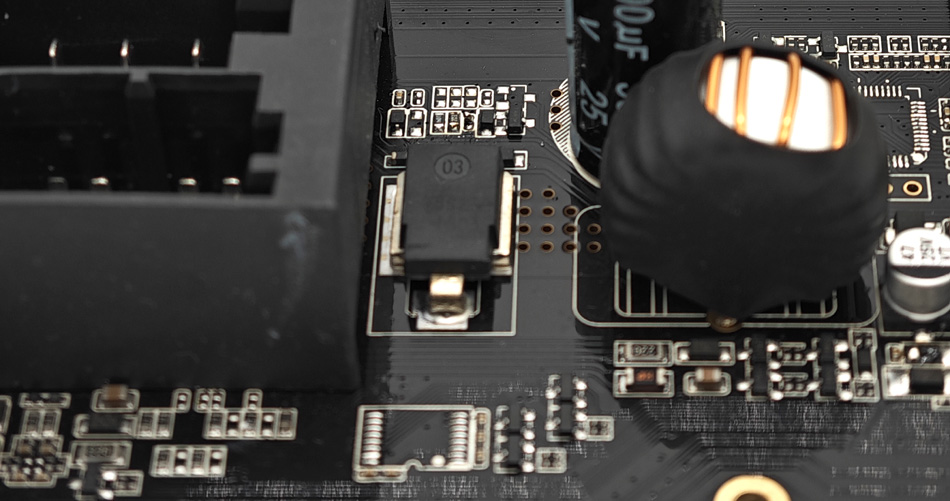- English
- Español
- Português
- русский
- Français
- 日本語
- Deutsch
- tiếng Việt
- Italiano
- Nederlands
- ภาษาไทย
- Polski
- 한국어
- Svenska
- magyar
- Malay
- বাংলা ভাষার
- Dansk
- Suomi
- हिन्दी
- Pilipino
- Türkçe
- Gaeilge
- العربية
- Indonesia
- Norsk
- تمل
- český
- ελληνικά
- український
- Javanese
- فارسی
- தமிழ்
- తెలుగు
- नेपाली
- Burmese
- български
- ລາວ
- Latine
- Қазақша
- Euskal
- Azərbaycan
- Slovenský jazyk
- Македонски
- Lietuvos
- Eesti Keel
- Română
- Slovenski
- मराठी
- Srpski језик
How to ensure the quality compliance of PCBA factories through third-party certification?
2025-08-05
In the modern electronic manufacturing industry, the quality compliance of PCBA processing is crucial. As the global market's requirements for product quality become increasingly stringent, companies must ensure that their production processes and products meet the corresponding standards and regulations through effective means. As an effective quality assurance mechanism, third-party certification can help PCBA factories ensure their quality compliance. This article will explore how to improve the quality standards of PCBA factories through third-party certification.

1. What is third-party certification?
Definition of third-party certification
Third-party certification refers to the process of evaluating and certifying a company's products, services or management systems by a third-party organization independent of manufacturers and customers. Through this process, companies can obtain certification certificates issued by authoritative organizations to prove that their products or services meet specific standards and requirements.
Types of third-party certification
In the PCBA processing industry, common third-party certifications include ISO 9001 (quality management system), ISO 14001 (environmental management system), IPC (Institute for Interconnecting and Packaging Electronics) certification, etc. These certifications target different quality standards and management requirements, helping companies improve compliance in all aspects.
2. Advantages of third-party certification for PCBA factories
Improve quality management level
By applying for third-party certification, PCBA factories need to establish a sound quality management system. This process can not only promote the standardization of internal processes of the enterprise, but also improve the quality awareness of employees and ensure that every link meets the quality requirements.
Enhance market competitiveness
Having an authoritative third-party certification can significantly enhance the market competitiveness of the enterprise. In the bidding, cooperation and sales process, customers often give priority to suppliers with certification. This certification not only proves the strength of the enterprise, but also enhances customers' trust in product quality.
Reduce risks and costs
Third-party certification can help PCBA factories identify and eliminate potential quality problems, thereby reducing the risks and economic losses caused by unqualified products. In addition, compliant production processes can also reduce costs caused by rework, recalls, etc.
3. How to conduct third-party certification?
Determine certification requirements
First, PCBA factories should determine the type of certification they need to apply for based on market demand, customer requirements and product characteristics. For example, if the factory is mainly for the electronic products market, it may need to apply for IPC certification; if you want to improve the overall management level, ISO 9001 certification is a good choice.
Choose a suitable certification body
It is very important to choose a third-party certification body with good reputation and relevant qualifications. Enterprises can find suitable institutions through industry recommendations, online searches, etc., and conduct background checks and assessments on them.
Prepare certification materials
Before applying for certification, enterprises need to prepare relevant documents and materials, including quality management manuals, procedure documents, work instructions, training records, etc. These documents will be used to prove that the company's quality management system meets the certification standards.
Conduct certification audits
The certification body will arrange auditors to conduct on-site audits of PCBA factories to evaluate whether their production processes, management systems, and quality control measures meet the certification requirements. After the audit, the certification body will issue an audit report and issue a certification certificate if the conditions are met.
4. Maintenance and continuous improvement after certification
Continuous monitoring and evaluation
After obtaining certification, PCBA factories need to conduct internal audits and management reviews regularly to ensure the continued effectiveness of the quality management system. This process helps to discover potential problems and make timely improvements to avoid non-compliance.
Update and recertification
Many third-party certifications have validity periods, and PCBA factories need to recertify on time according to the requirements of the certification body. In addition, with the development of market environment and technology, enterprises should also update their quality management system in a timely manner to ensure that they keep pace with the times.
Conclusion
Through third-party certification, PCBA factories can not only ensure the quality compliance of their products and services, but also enhance market competitiveness and reduce operating risks. In the process of pursuing quality, enterprises should make full use of third-party certification as a tool to establish a sound quality management system, so as to be invincible in the fierce market competition. Only in this way can PCBA factories win the trust and satisfaction of customers in future development and achieve sustainable development.
-
Delivery Service






-
Payment Options









